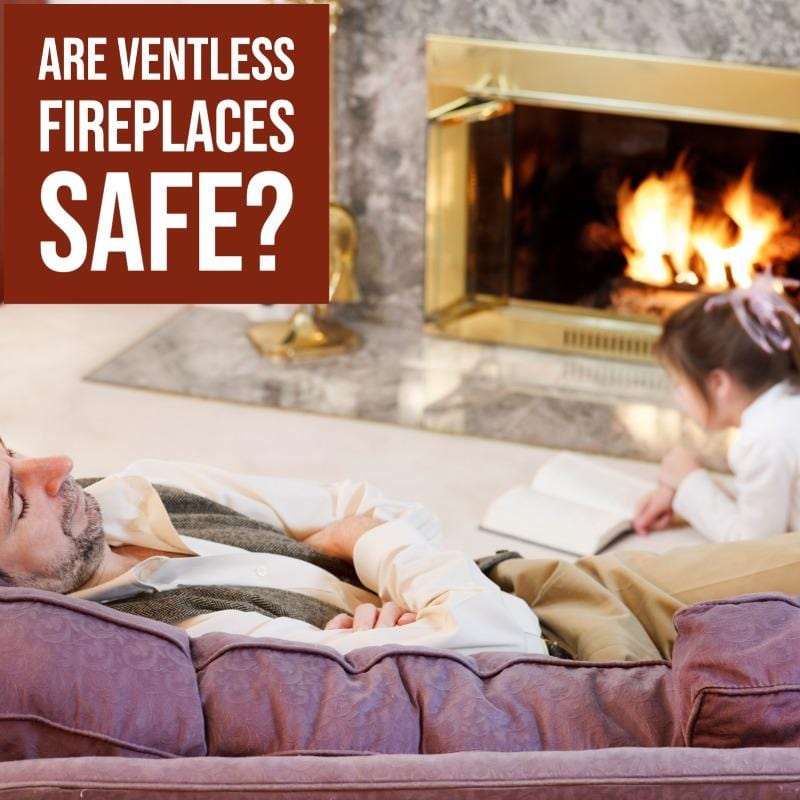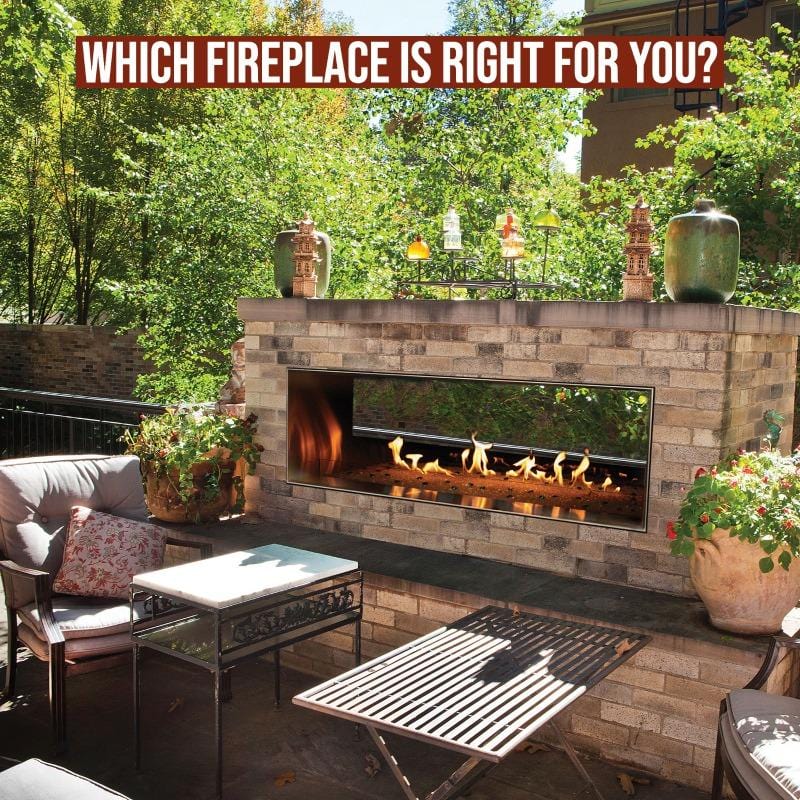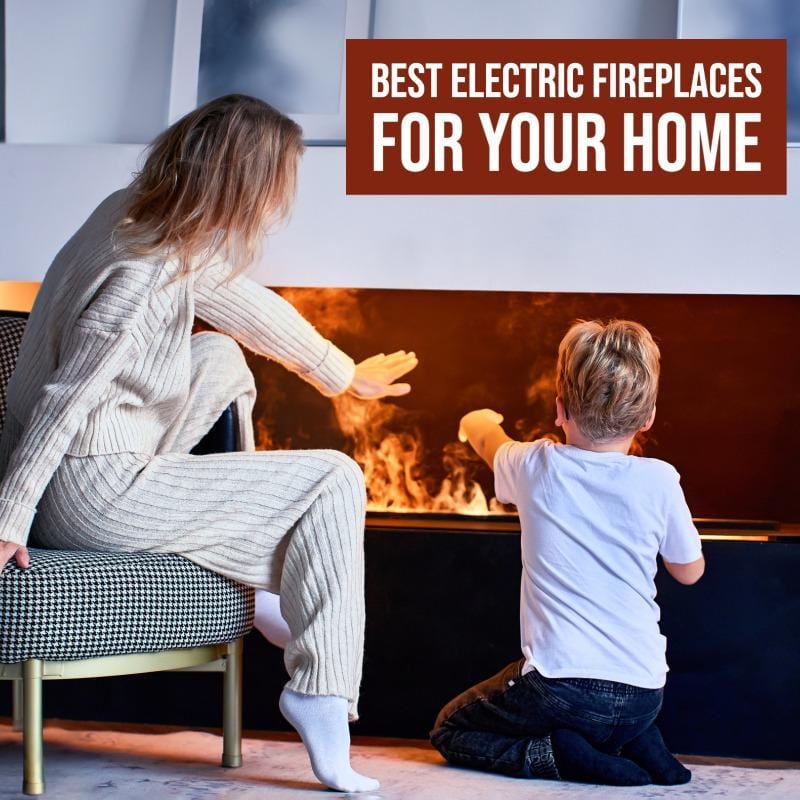🔥 9 Years Strong – Trusted by Thousands of Outdoor Enthusiasts 🔥
PIZZA OVEN ACCESSORIES
FREE SHIPPING ON PIZZA OVENS!

Whether you’re looking for a vent-free, direct vent or b-vent model in a modern or traditional look, our curated selection is designed to bring ambiance and warmth to your home at the touch of a switch.
There are 3 types of gas fireplaces: Direct Vent, B-Vent, and Vent-Free
Direct-Vent - The safest, most efficient venting method using a two-pipe system. One pipe takes away the combustion fumes while the other feeds fresh outside air for combustion to a sealed firebox. The pipes can go up a flue or straight through an opening in an exterior wall.
B-Vent - A less popular fireplace that pulls combustion air from the room and has a single chimney pipe to carry away exhaust. A B-vent fireplace should have a sensor to douse the fire if exhaust gases ever reverse course and come down the flue.
Vent-Free - A completely self-contained firebox and burner without any external ventilation. Gas is burned inside the fireplace, typically surrounding ventless fireplace logs. These units have no flue, so they can be installed anywhere or hung on a wall like a flat-screen TV.
See our collection of indoor and outdoor gas fireplaces below.
No products found in this collection
HEAR FROM OTHER
who purchased a fire feature!
We love our fireplace pizza oven- it looks fabulous . The structure from pizza & patio made it easy for our stone mason. ❤️❤️❤️ it. Great Service too.
Beautiful fireplace! Easy kit to put together. Puts the final oomph in our oasis. Thank you for such a beautiful work of productive art!
Perfect! Support, delivery, driver and product are all top quality and it couldn’t have been simpler to order, install and enjoy!
These posts will help you find the best fireplace for your home



